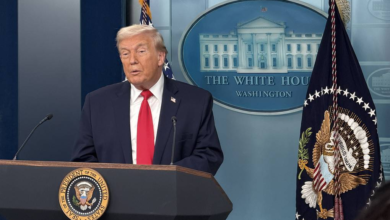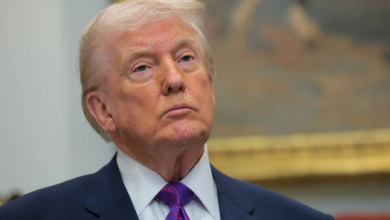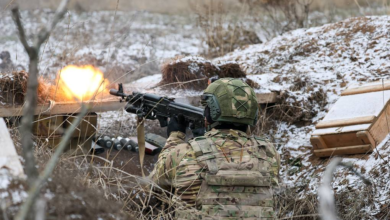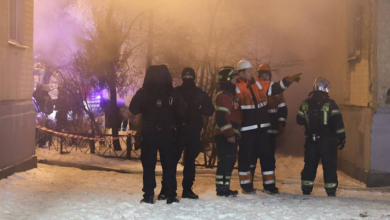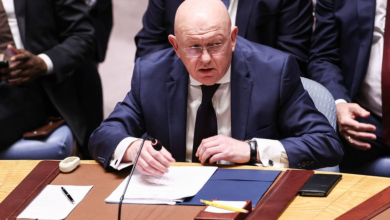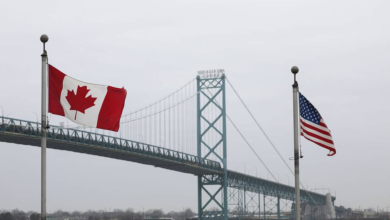Revisiting the Shadows of 1991: The Kunan-Poshpora Incident and the Struggle for Justice
Baramulla, Jammu & Kashmir – February 23, 1991.

In the stillness of a winter night in the twin villages of Kunan and Poshpora in North Kashmir’s Kupwara district, a tragic and chilling chapter was etched into the history of conflict-ridden Kashmir. On this night, what was meant to be a routine “cordon and search operation” by personnel of the Indian Army’s 4 Rajputana Rifles turned into what locals and human rights organizations describe as one of the gravest mass sexual violence cases in the region.
Reports claim Women in higher numbers—allegedly became victims of gang rape during this operation. The survivors, many of whom were young girls and elderly women, were left physically broken and emotionally devastated. In the aftermath, their testimonies were met with silence, denials, and systematic attempts to suppress the truth.
More than three decades later, the incident remains a grim symbol of impunity and the resilience of survivors in the face of institutional apathy.
The Night of Horror
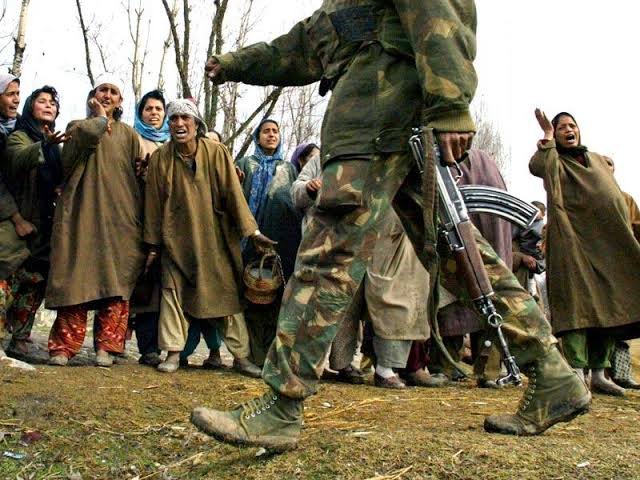
According to survivors, the army entered the villages under the pretext of a counter-insurgency search. Men were taken away to a nearby field for interrogation and physical torture, leaving the women vulnerable. What followed was a night of systematic sexual violence that left a deep psychological and social scar on the communities of Kunan and Poshpora.
Families were shattered. Survivors were stigmatized. Villages were shunned. And justice—swiftly promised—was never delivered.
The Response and Cover-Up Allegations
Initial reports by local police and journalists, including a fact-finding mission by human rights activist Dr. Seema Kazi and the Jammu and Kashmir Bar Association, documented severe abuses. But within weeks, a press council inquiry dismissed the allegations as “baseless,” labeling them part of a disinformation campaign. This dismissal sowed seeds of mistrust between the state and the Kashmiri population.
The case was closed in 1992. It wasn’t until 2011 that renewed efforts by survivors and human rights organizations forced the Jammu and Kashmir State Human Rights Commission (SHRC) to recommend re-investigation and prosecution. Even then, progress has been slow, with the accused never tried in court.
Survivors’ Struggle for Recognition
Despite the trauma and social isolation, the women of Kunan and Poshpora have led a courageous battle for justice. They have filed petitions, spoken to international human rights forums, and refused to be silenced. “They tried to bury the truth, but we have not stopped telling our story,” says one survivor, now in her 60s.
The women have demanded an apology from the government, recognition of their suffering, and punishment for the perpetrators. They have also fought for reparations, medical care, and legal support—most of which remain unfulfilled.
International Condemnation
Organizations like Amnesty International, Human Rights Watch, and the UN have repeatedly raised concerns over the incident, pointing to it as a glaring example of wartime sexual violence and impunity in conflict zones. In a report titled *”Rape in Kashmir: A Crime of War,”* Human Rights Watch detailed the systematic use of sexual violence as a tool of counterinsurgency.
The Legacy
More than 30 years on, the Kunan-Poshpora incident remains a haunting testament to the vulnerability of civilians in conflict. It also reflects the structural failures of justice mechanisms in India when it comes to state-perpetrated violence.
The case has become more than a legal battle—it has become a movement against silence and state complicity. The story of Kunan and Poshpora is no longer just about what happened on February 23, 1991, but about what continues to happen when justice is delayed, denied, and distorted.
As India continues to project itself as a democratic global power, the ghosts of Kunan and Poshpora serve as a reminder: healing cannot happen without truth, reconciliation cannot happen without acknowledgment, and peace cannot endure without justice.
The women of Kunan and Poshpora are not just survivors—they are symbols of resistance, demanding that history neither forgets nor forgives injustice cloaked in uniform.


